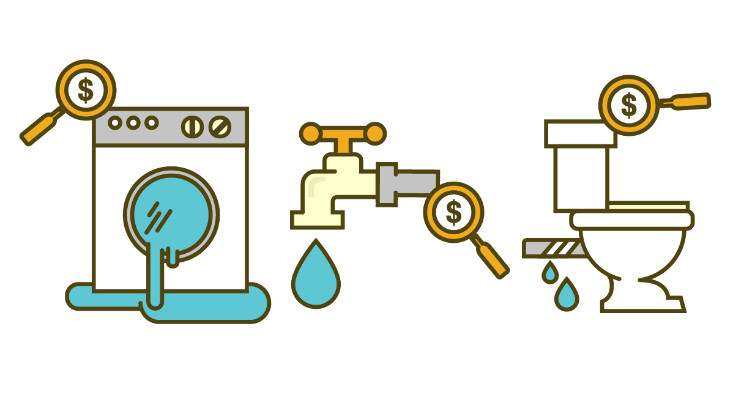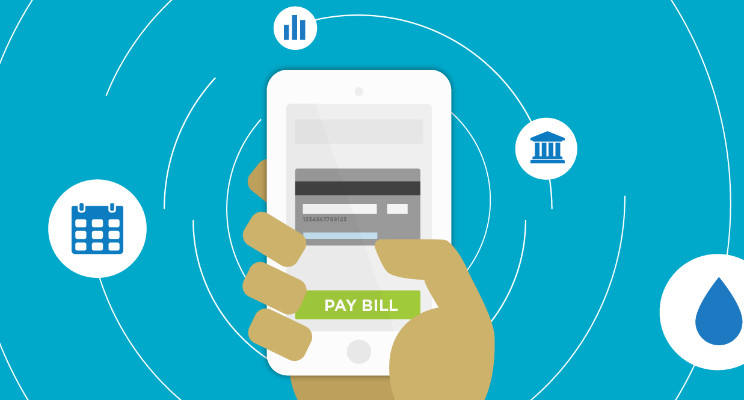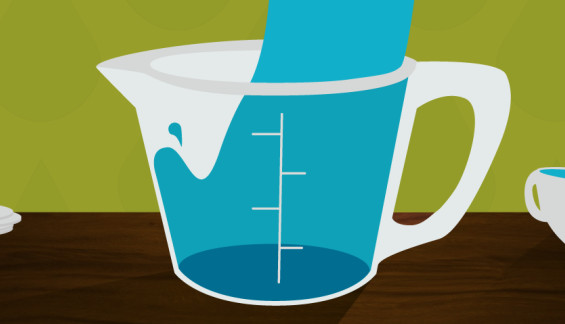
Water utilities might not often think of it, but water leaks contribute to a significant portion of home repair costs each year. There are many causes of water damage including things like household flooding, faulty plumbing, appliance failures, leaky fixtures, and irrigation system problems. While many people underestimate the risk of water damage to their homes, statistics from the insurance industry cast a light on the reality of how water can impact what is, for most people, the largest financial investment they will make in their lifetime.
[Read more…] about The Surprising Hidden Costs of Water Leaks








